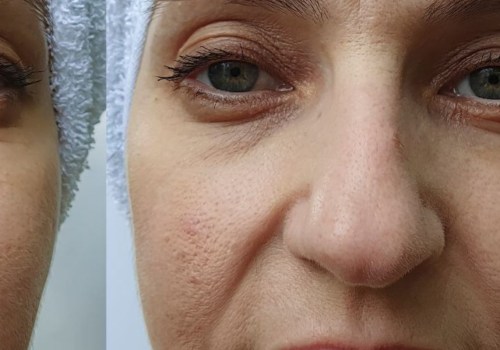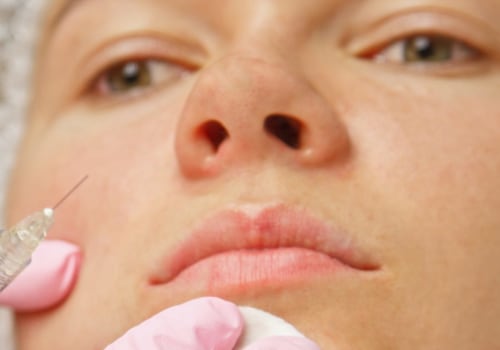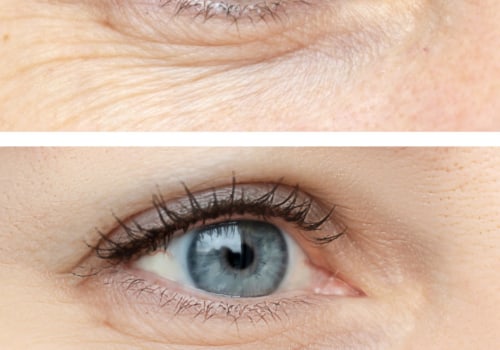Can You Build Up a Tolerance to Dysport?
Understanding Dysport and Its Effectiveness
Dysport is a popular neuromodulator that works similarly to Botox, used to reduce the appearance of fine lines and wrinkles. It functions by temporarily paralyzing the muscles that cause wrinkles, leading to a smoother and more youthful appearance.
Can You Build Up a Tolerance to Dysport?
While it is rare, some patients may experience a reduced response to Dysport over time. This phenomenon, often referred to as “tolerance,” may occur due to the development of antibodies against the active ingredient, botulinum toxin type A. These antibodies can prevent Dysport from binding effectively to the muscles, leading to a decrease in its efficacy.
What Causes Tolerance?
Several factors can contribute to building a tolerance to Dysport:
- Frequency of Use: More frequent injections can increase the risk of developing antibodies.
- Dosage: Higher doses might trigger a stronger immune response, increasing the likelihood of tolerance.
- Individual Response: Some people are simply more prone to developing resistance to botulinum toxin than others.
What to Do If You Notice Reduced Results?
If you suspect you’ve developed a tolerance to Dysport, consult your healthcare provider. They may recommend switching to a different neuromodulator, such as Botox or Xeomin, which have slightly different formulations and may be effective even when Dysport is not.
Can Tolerance Be Prevented?
To reduce the risk of developing a tolerance to Dysport, consider spacing out your treatments and discussing the optimal dosage with your provider. Sometimes, less frequent treatments can be just as effective, minimizing the risk of an immune response.
Conclusion
Building up a tolerance to Dysport is uncommon but possible. If you feel that Dysport is no longer providing the results you desire, consult your cosmetic specialist to explore alternative treatment options and strategies to restore the desired effect.




